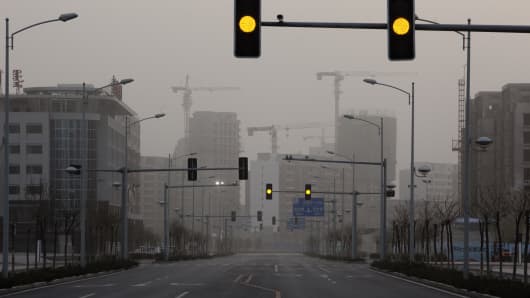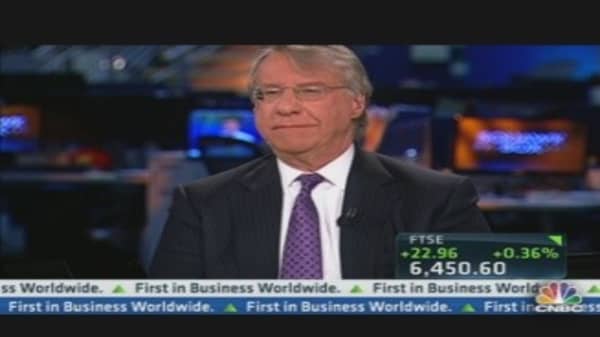He argued, "It's the nature of the [economic] growth. If it's all sticking a shovel in the ground, you get whatever you want."
"But at the end of the day, what's sustainable?" he asked. "Because, as I keep pointing out, every time you finish a building [there], under this model, you have to put up another one."
Comparing the potential Chinese real estate bubble to the one that burst in the U.S. in 2008, Chanos said, "Unlike our buyers who walked away and left it to the banking system and the Fed to sort of bailout. These people are going to lose their life savings. And that could be a big issue in China."
(Read More: No Hard Landing for Luxuries in China: Pro)
He said he analyzed Chinese government figures and concluded that China is on pace to develop about twice as much in the coming years as it had built in the past three.
"Avoid anything having to do with the Chinese property market — steel, cement, iron ore," he advised investors, saying that he's been shorting these sort of plays.
—By CNBC's Matthew J. Belvedere; Follow him on Twitter @Matt_SquawkCNBC






